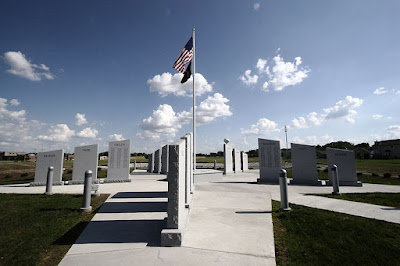In Scripture, cleansing water (1 John 5:6,8) and burning oil may each symbolize the Holy Spirit, Who has qualities of Living Water (Jeremiah 17:13; John 4; 7:38) as well as of holy fire (Isaiah 10:17). John the Baptist practiced baptism by water as the forerunner to Christ’s baptism by the Holy Spirit (Acts 8:36). John’s baptism by water was an act of repentance for sin, but Christ’s baptism with the Holy Ghost was compared to fire (Matthew 3:11; Luke 3:16).
Christ’s shed blood washed believers clean of all sins (Revelation 1:5). After Christ’s completed work on the cross and His resurrection, the Holy Spirit, like cloven tongues of fire, landed on the disciples at the feast of Pentecost (Acts 2:1-4). The resulting filling by the Spirit allowed the disciples to speak in languages other than their native tongue, for the purpose of spreading the Gospel message to people of all nations.
The parable of the wise and foolish virgins (Matthew 25) suggests that only those virgins with oil burning in their lamps – those who are indwelled by the Holy Spirit – will be admitted to the marriage supper, representing the Rapture to meet the Bridegroom in the air.
To be indwelled by the Holy Spirit, we must be born again, first by water (the physical birth) and then by the Spirit (John 3:5-8). This requires cleansing from our sins through our repentance and God’s forgiveness due to the substitutionary death of His Son (Romans 3:25; 1 John 2:2; 4:10). We must place our faith in Jesus Christ’s death, burial and resurrection (1 Cornthians 15:1-4) as our only Way to Heaven (John 14:6). As we realize, and continue to learn more and more about, Who He is, our hearts will burn within us (Luke 24:32), and we will be on fire for the Lord.
Water is sometimes called the universal solvent, because its cleansing action dissolves impurities and flushes them away. In contrast, oil tends to adhere to small particles, keeping them in contact with the skin or other surface. First we shower and then we apply perfumed body oil or beauty cream – it wouldn’t make much sense to reverse the order!
Similarly, we need the cleansing action of the Living Waters before the oil in our Spirit-filled lamps can burn brightly with a sweet fragrance. God dealt with Jerusalem and His chosen people in a similar sequence – first He cleansed them with water, and then He anointed them with oil (Ezekiel 16:9).
We see a moving example of cleansing and anointing in Luke 7 (38-48), in the sinful woman who wept at Jesus’s feet, washing them with her tears. No doubt her tears were shed in Godly sorrow, in repentance for her sins, as were the tears of David (Psalm 6:60;119:136) and Jeremiah (9:1,18; Lamentations 3:48). First her tears cleansed His feet from the dust and grime of the dirty roads, symbolizing the sins of the world, for Jesus Himself had no sin (Hebrews 4:15).
Then she wiped His feet with her hair, kissed them, and anointed them with precious ointment. The oil in ointment allows it to preserve and convey perfume, spices and other costly substances. This woman stored her ointment in a precious alabaster box, which may have represented her dowry or all her worldly treasure. Yet she broke open the box and bestowed all the ointment lavishly on Jesus without considering the cost, because her heart was ignited by the Holy Spirit with passion to serve Him.
In a rainy parking lot, we may see oil drops floating on the wet pavement, causing a striking, rainbow-hued, swirling pattern known as a fractal. The light would not reflect in this jewel-toned design were the oil not aligned in a thin film, buoyed up by the water beneath. Similarly, the light and beauty of the Holy Spirit are not visible unless carried afloat by the Living Water indwelling each believer.
Cleansing, purification and anointing, as symbolized by water and oil, are essential to true worship. Oil and water in Scripture also reflect God’s provision, blessing, power, and judgment. May currents of living water flow forth from each of us, supporting the oil of the Spirit to reflect His brilliant light!
Edited and reposted from the archives









